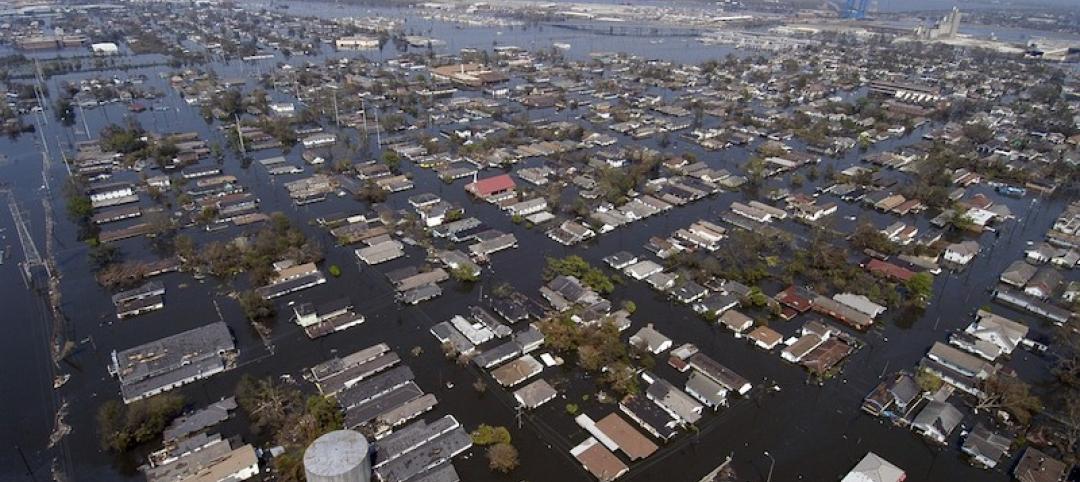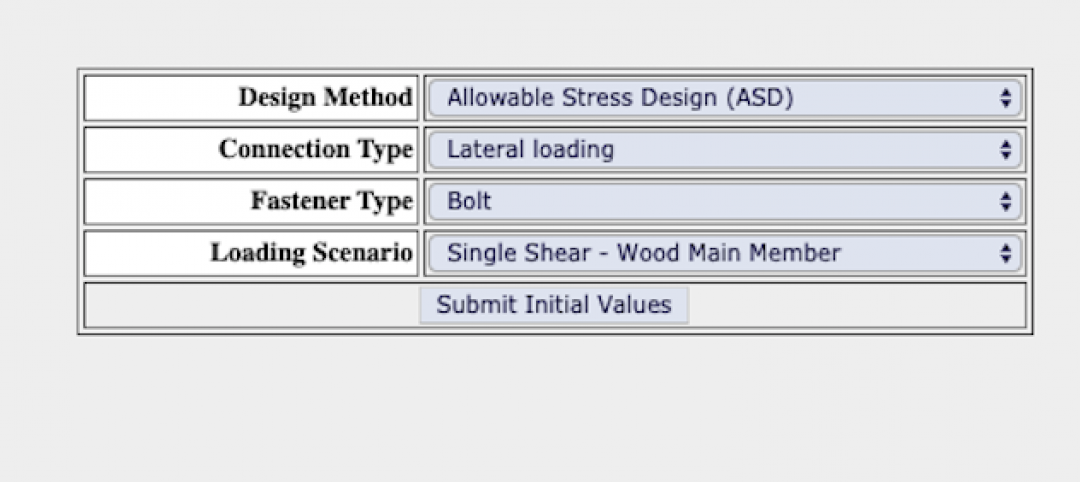The Eugene, Ore., City Council recently passed an ordinance aimed at steeply reducing energy consumption and greenhouse gas emissions. The city of 158,000wants to reduce community-wide greenhouse gas emissions 10% below 1990 levels by 2020, and reduce fossil fuel use by 50% by 2030.
Eugene is developing an energy inventory for its entire economy. After that is completed, it will consider voluntary energy-saving measures in the private sector, such as easier permitting for energy-efficient construction and energy performance scores for commercial buildings. The city will also consider other measures like commercial food-waste composting in restaurants and grocery stores to reduce methane emissions from landfills.
Eugene has made significant progress in reducing emissions recently from transportation without any concerted plan. Transportation emissions have dropped 2.5% per year since 2010, despite some population growth. This is largely due to economic and cultural shifts: the recession, the rise of telecommuting, online shopping and entertainment, transit, biking, more efficient cars, and higher gasoline prices. The city has encouraged these trends by improving bus service and developing a master plan for sidewalk and bike path improvements.
City government has rejected hard caps on emissions to date, focusing instead on voluntary measures and incentives for the private sector.
(http://grist.org/climate-energy/what-can-small-cities-do-to-fight-climate-change/)
Related Stories
Codes and Standards | Oct 8, 2019
Zero Carbon Buildings for All aims for ambitious emission reduction targets
Organization makes commitment to net zero carbon for all buildings by 2050.
Codes and Standards | Oct 7, 2019
Tailgating remains a critical building security threat, say security professionals
Few buildings provide beefed up provisions to counteract threat.
Codes and Standards | Oct 7, 2019
New seismic standard to evaluate, retrofit existing structural steel buildings open for review
AISC seeks input through Nov. 4.
Codes and Standards | Sep 27, 2019
Open source tool allows comparison of embodied carbon emissions from construction materials
Enables carbon-smart choices during material specification and procurement.
Codes and Standards | Sep 27, 2019
AIA declaration: Climate change requires ‘holistic approach’
Must address interdependencies among people, buildings, infrastructure, and the environment.
Codes and Standards | Sep 26, 2019
San Jose’s new building energy code is the most stringent among large cities
New regulations aim to make zero-emission electric buildings the norm.
Codes and Standards | Sep 26, 2019
Building support for climate action depends on linking it to health, economic benefits
USGBC report finds most people don’t think environmental problems significant enough to prioritize action.
Codes and Standards | Sep 20, 2019
OSHA has a new chief for its construction directorate
Former Army medical staffer Scott Ketcham has extensive OSHA experience.
Codes and Standards | Sep 20, 2019
American Wood Council updates free Connection Calculator
Tool includes cross-laminated timber connection provisions and post-frame ring shank nails.
Codes and Standards | Sep 19, 2019
Virtual reconnaissance of Bahamas finds some structures performed well during Dorian
Amid devastation, lives likely saved by resilient buildings.
















